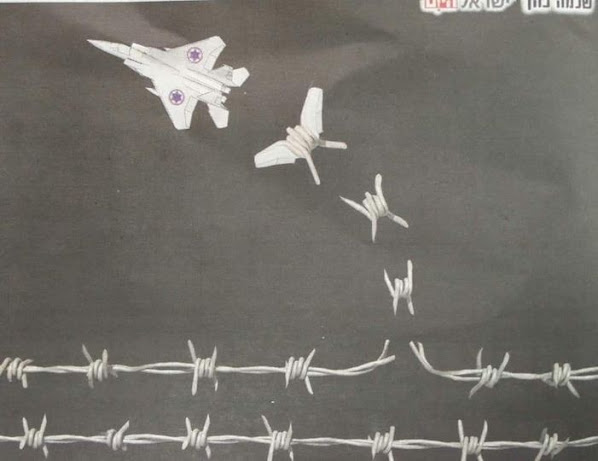The festival is set to take place at the University of Pennsylvania,
Philadelphia, on the homeland of the Lenni Lenape Nation of
Turtle Island*.
The first-ever Palestine Writes festival, in 2020, was digital, while
the upcoming 2023 iteration will be a primarily in-person event.
According to organizers, the festival is set to include “panel
discussions, presentations, book readings, workshops, music, dance,
food, oral storytelling, an art exhibit, photography, and continuous
children’s programming.”
The festival, the only North American literature festival dedicated
to celebrating and promoting cultural productions of Palestinian writers
and artists, was “born from the pervasive exclusion from or
tokenization of Palestinian voices in mainstream literary institutions,”
and aims to bring “Palestinian cultural workers from all parts of
Historic Palestine and our exiled Diaspora together with peers from
other marginalized groups in the United States.”
A program is forthcoming at the Palestine Writes website. You can also follow them on Twitter at @PalestineWrites.
"
Palestinians are an ancient indigenous people from a fabled and tortured land. No matter who holds the guns and power over our homeland, our nation is deeply rooted in its soil, which cradles our collective memory, as it does the bones of our ancestors. All of our traditions, our stories, folklore, poetry, culinary forms, superstitions, traditional clothing, architecture, art, and cultural habits were born in that singular patch of earth over the span of millennia. Palestine Writes exists as an artistic and literary space to hold dear and celebrate and share the magnificence of Palestine’s indigenous heritage, particularly as powerful forces work tirelessly to erase us." AS ALWAYS PLEASE GO TO THE ORIGINAL LINK TO READ and THINK IN FULL -> https://palestinewrites.org/ *Turtle Island is a First Peoples' name for Earth or
North America. The name is based on a creation story
common to several early ancestors & indigenous peoples of the Northeastern Woodlands of
North America.




















